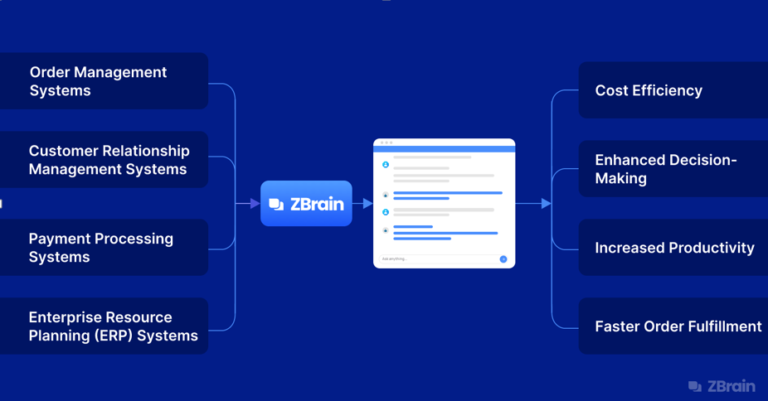Passwords Are Dead: Future of Digital Authentication
The reliance on passwords for digital security is increasingly seen as a significant weakness. Their inherent vulnerabilities expose users to risks such as data breaches and identity theft. Meanwhile, biometric technologies are gaining traction, presenting a more secure and convenient alternative. As these innovations gain popularity, the digital landscape is poised for a fundamental transformation. What implications will this shift hold for the future of user privacy and security?
The Limitations of Passwords in Modern Security
As digital threats evolve, the limitations of passwords in modern security become increasingly evident.
Password vulnerabilities expose users to hacking and data breaches, while user fatigue from managing numerous complex passwords leads to risky behaviors, such as reusing credentials.
This disillusionment with traditional authentication methods underscores the urgent need for more secure, user-friendly alternatives that prioritize both security and personal freedom in the digital landscape.
Emerging Technologies in Digital Authentication
A growing array of technologies is reshaping the landscape of digital authentication, addressing the shortcomings of traditional password systems.
Biometric solutions, including facial recognition and fingerprint scanning, enhance security by linking access to unique physical traits.
Additionally, security tokens provide users with dynamic, time-sensitive codes, further mitigating risks of unauthorized access.
Together, these innovations offer a more secure, user-friendly alternative to conventional methods.
Read more: The Rise of Ransomware and How to Prevent It
The Rise of a Passwordless Future
How might the elimination of passwords transform user experiences and security protocols?
The rise of biometric authentication promises to streamline access while enhancing security. Users would benefit from seamless interactions, reducing frustration associated with forgotten passwords.
As organizations adopt this technology, they empower individuals with greater control over their identities, fostering a sense of freedom in their digital engagements and improving overall user experience.
Conclusion
As society increasingly embraces biometric technologies, the transition to passwordless systems symbolizes a profound shift in digital security. Coincidentally, this evolution mirrors an age where users seek simplicity amidst complexity, reclaiming control over their identities. With each facial scan and fingerprint used for authentication, individuals not only enhance their security but also participate in a collective movement towards a future unburdened by forgotten passwords and data breaches. Thus, the death of passwords heralds a more secure and accessible digital landscape.






